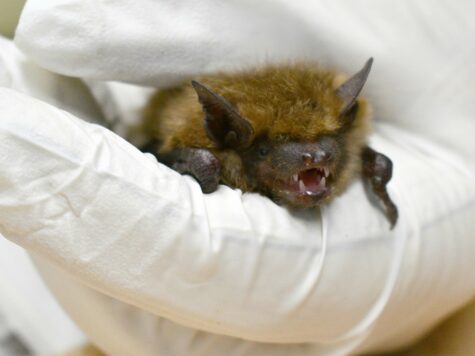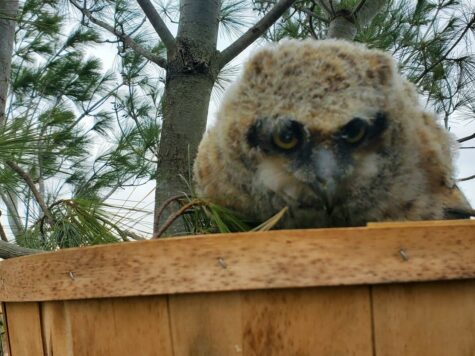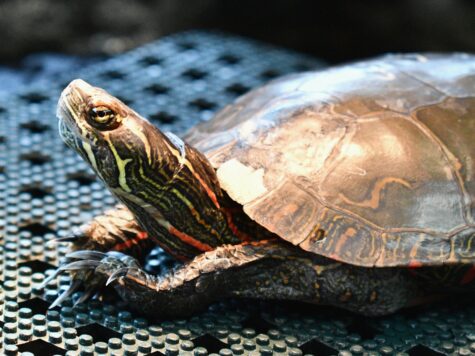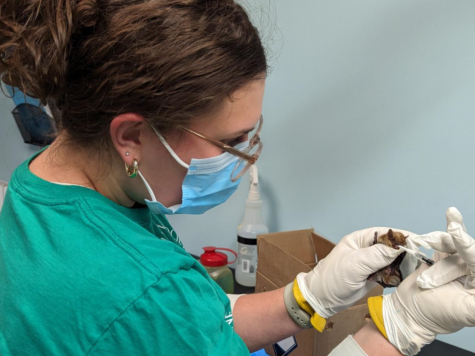Congratulations! You’ve just adopted a new dog or cat from Dane County Humane Society. But like humans who move to a new community or accept a new job, your new pet need some time to get used to their new surroundings.
That’s why DCHS adoption counselors always talk about the Rule of Three, a timeline that should give you an idea of how your pet will adjust after three days, three weeks, and three months. The Rule of Three differs for dogs and cats, since they have different personalities and behavioral patterns.
Here’s what should happen three days after you acquire a new dog:
- This is a major period of adjustment, because while your home may be roomy and inviting, the dog has to get used to living in an environment different from an animal shelter or their previous home.
- A dog may sleep a lot in the first three days, or be easily aroused or excited by its new surroundings. This all depends on the animal’s personality.
- The pet will need to learn what is good or bad behavior in your house. For example, no sleeping on the furniture, no gnawing on shoes like they are chew toys, no going potty in the house.
- Be patient with your dog in these opening days, and give them plenty of time and patience. Perhaps your pet will need positive-reinforcement training classes so it properly behaves in your house, but keep in mind, improvements are on the horizon!
After three weeks:
- The dog will be more used to your daily routine such as when it is time to take a walk and when it is feeding time.
- You will see more of the dog’s personality begin to develop, and they should be less fearful than those opening days when they first arrived at your home.
- By this time, you will have narrowed down the dog’s behavioral problems considerably. A dog training professional can help teach the dog the difference between what’s right and wrong, if there are any persistent issues.
After three months:
- Most dogs know they are welcome in your home and understand the rules.
- Your patience will have paid off, and the two of you can live together and become lifelong companions!
Check out our full library of Dog Care and Behavior Resources to learn more about taking care of your new dog.

Cats require the same Rule of Three, but with a few alterations. Many cats spend much of their time sleeping; as much as 16-20 hours daily, but newcomers to your home may still be overwhelmed or stressed out over their new surroundings.
Here’s what should happen three days after you bring it home:
- The cat will need this time to get used to your home, and unwind from the stress of living somewhere new.
- Most cats are nocturnal, meaning they stay up all night after sleeping all day. It’s recommended that you initially keep the animal in one room such as a bedroom or bathroom with food, water, litter box, bed, blankets, and scratching post. This will help the cat learn the new surroundings, and make it easier for you to sleep at night if the cat is awake and becomes vocal.
After three weeks:
- Your cat probably understands your daily routine and when they can expect to be fed.
- If your cat appears comfortable enough to have the whole house to itself, you may encourage them to investigate other rooms where they feel comfortable. Remember to move all necessities (litter box, beds, blankets, food, water, scratching post) to other locations so they are still accessible for kitty.
After three months:
- Your cat should know they are home and that you are their caregiver.
- With some patience, your pet will be a lifelong friend and someone enjoyable to be around!
Find our full library of Cat Care and Behavior Resources to learn more about taking care of your new kitty.






